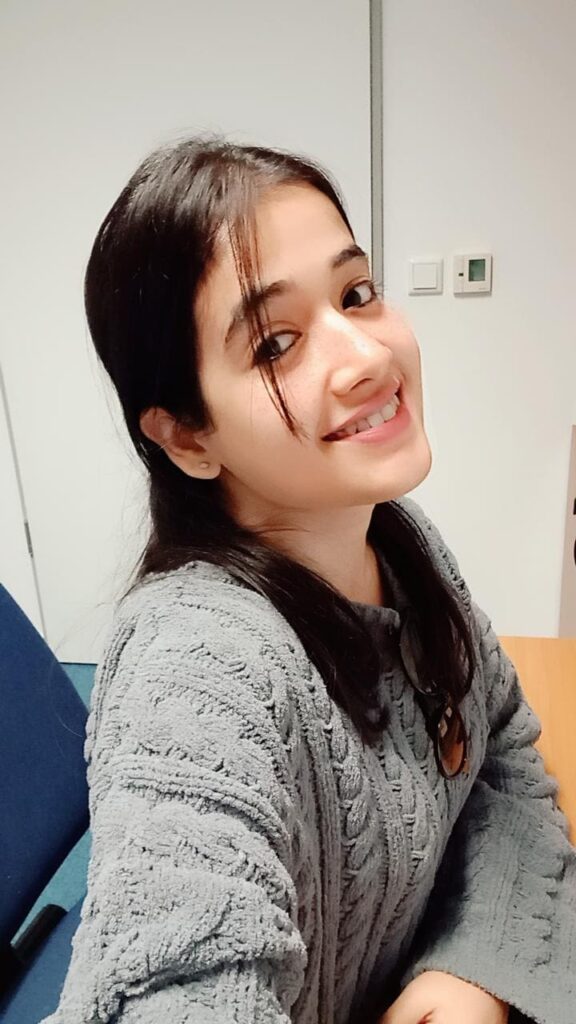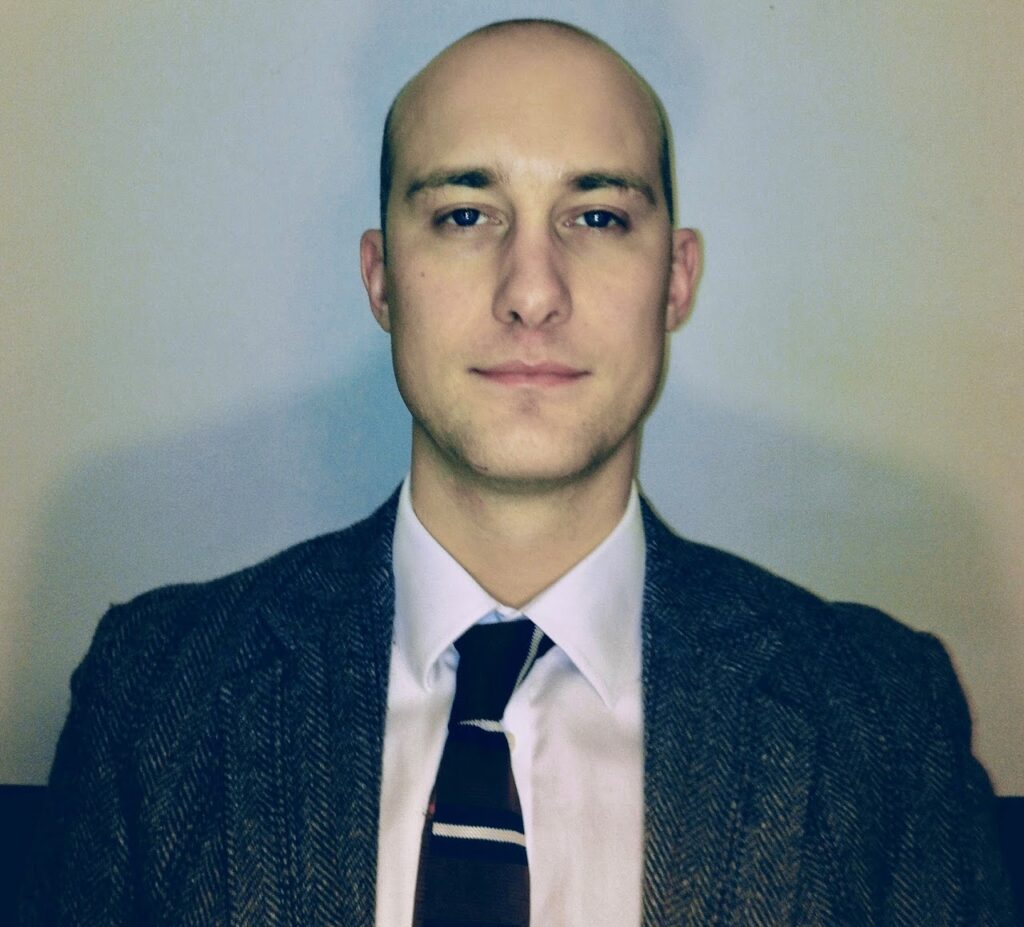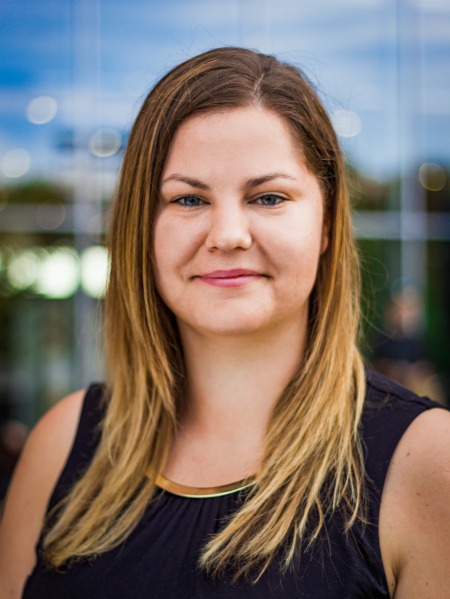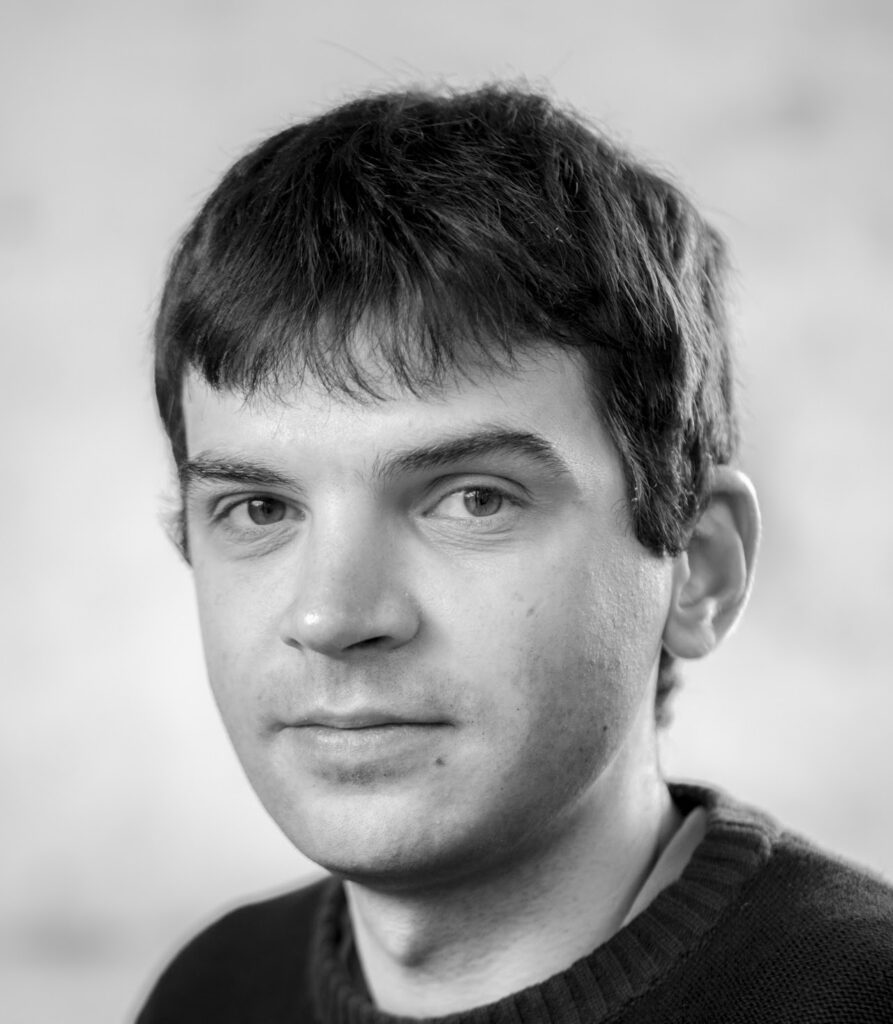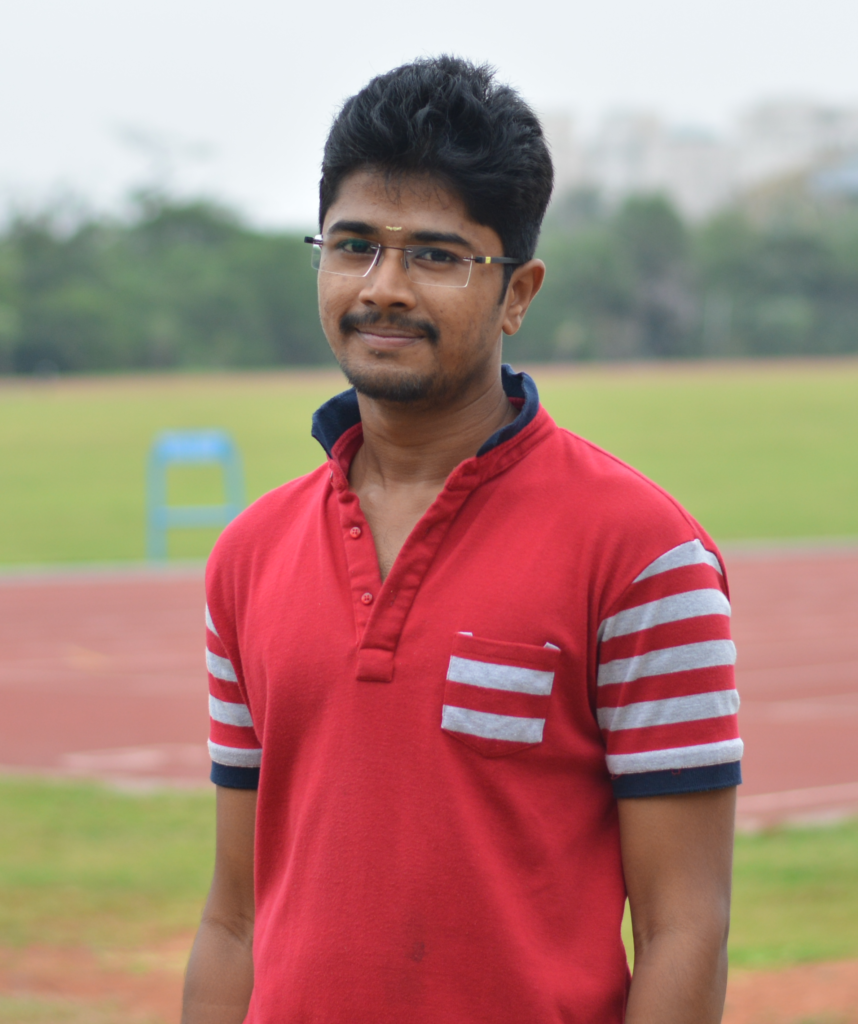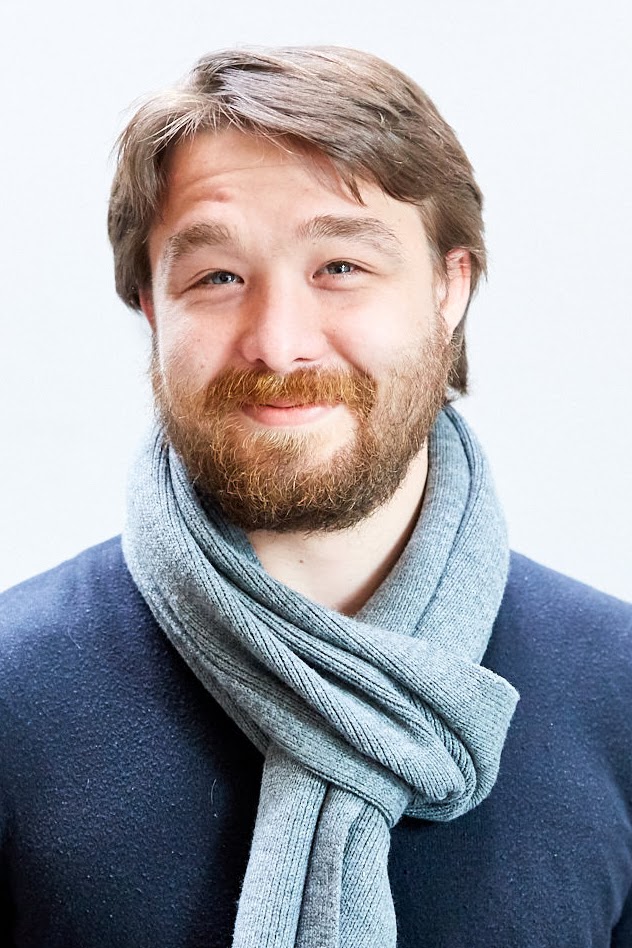The QSMS Research Group (BME) will be hosting two seminars this August 2022. One-to-one meetings with the speakers can be arranged; please contact the seminar organizers, Dr. Noémie Cabau (cabau.noemie@gtk.bme.hu) and Dr. Arseniy Samsonov (samsonov.arseniy@gtk.bme.hu).
Dhandabani S from the Indian Institute of Technology Madras (Decision Engineering Lab, Department of Management Studies) will be presenting his paper Modeling interactions between vertically cooperative and horizontally competitive newsvendor on the 30th of August 2022 at 4PM, Room QA406.
Abstract: Consider a market served by both the supplier and the retailer, a typical example of a dual-channel supply chain. Supplier holds a fixed number of perishable inventories and shares them with the retailer for better reach. Also, because of the price matching guarantee, both the parties agree on a uniform retail price for customers, and it is set by the supplier along with the wholesale price. We assume that both the parties are profit-maximising newsvendors, i.e., retailer and supplier are quantity-setting and price-setting newsvendors, respectively. However, given the nature of the setting, their decisions are dependent on each other. As a result, none of them can control the environment solely and both set out to maximise their own profits, which calls for a game-theoretic perspective on the coopetitive (vertically cooperative and horizontally competitive) two-newsvendor setting. We model the interactions between the supplier and retailer as a Stackelberg game, with the supplier being the leader and the retailer being the follower. Given the price[1]sensitive nature of the demand, the retailer estimates her optimal quantity as a function of retail and wholesale prices as a function of the reaction curve. Exploiting the backward induction, the supplier leverages the retailer’s optimal quantity to base its pricing decisions. As the optimal solution becomes intractable for a generic demand uncertainty, focusing only on additive demand uncertainty, we derive sufficient optimality conditions for the supplier’s profit function to be concave with respect to both the retail and wholesale prices. Furthermore, we compute the best feasible set of quantity and price points that satisfy the already established restrictions and assumptions. Finally, extensive sensitivity analysis of the model parameters yields the following several managerial insights, out of which a few novel and counterintuitive are as follows: (i) supplier’s expected profit decreases with the capacity, (ii) the more the variation, supplier’s gain increases whereas retailer’s gain decreases, (iii) with a highly sensitive market, both the parties’ profits decrease, and (iv) retailer’s profit is concave with respect to the market potential.
